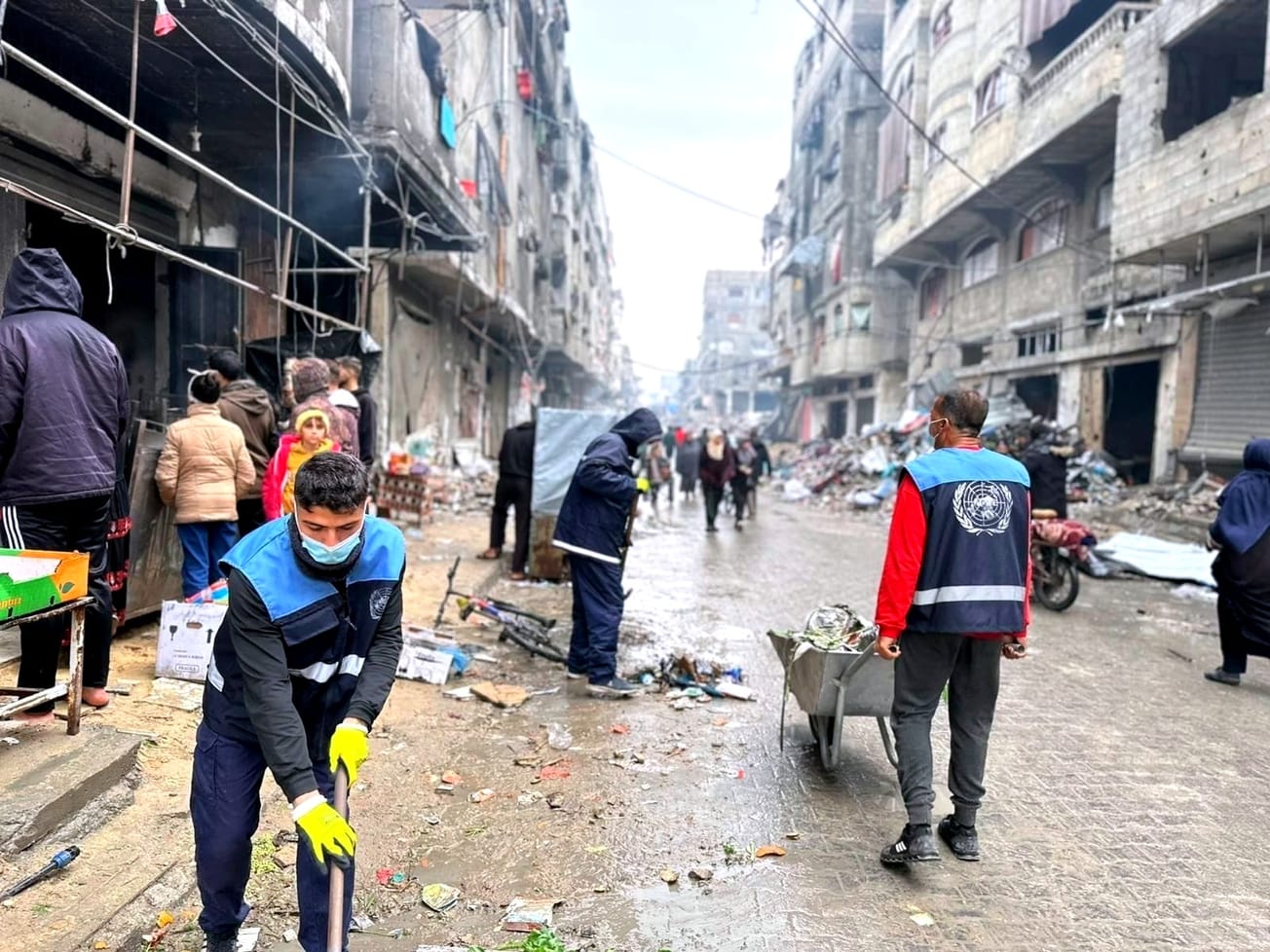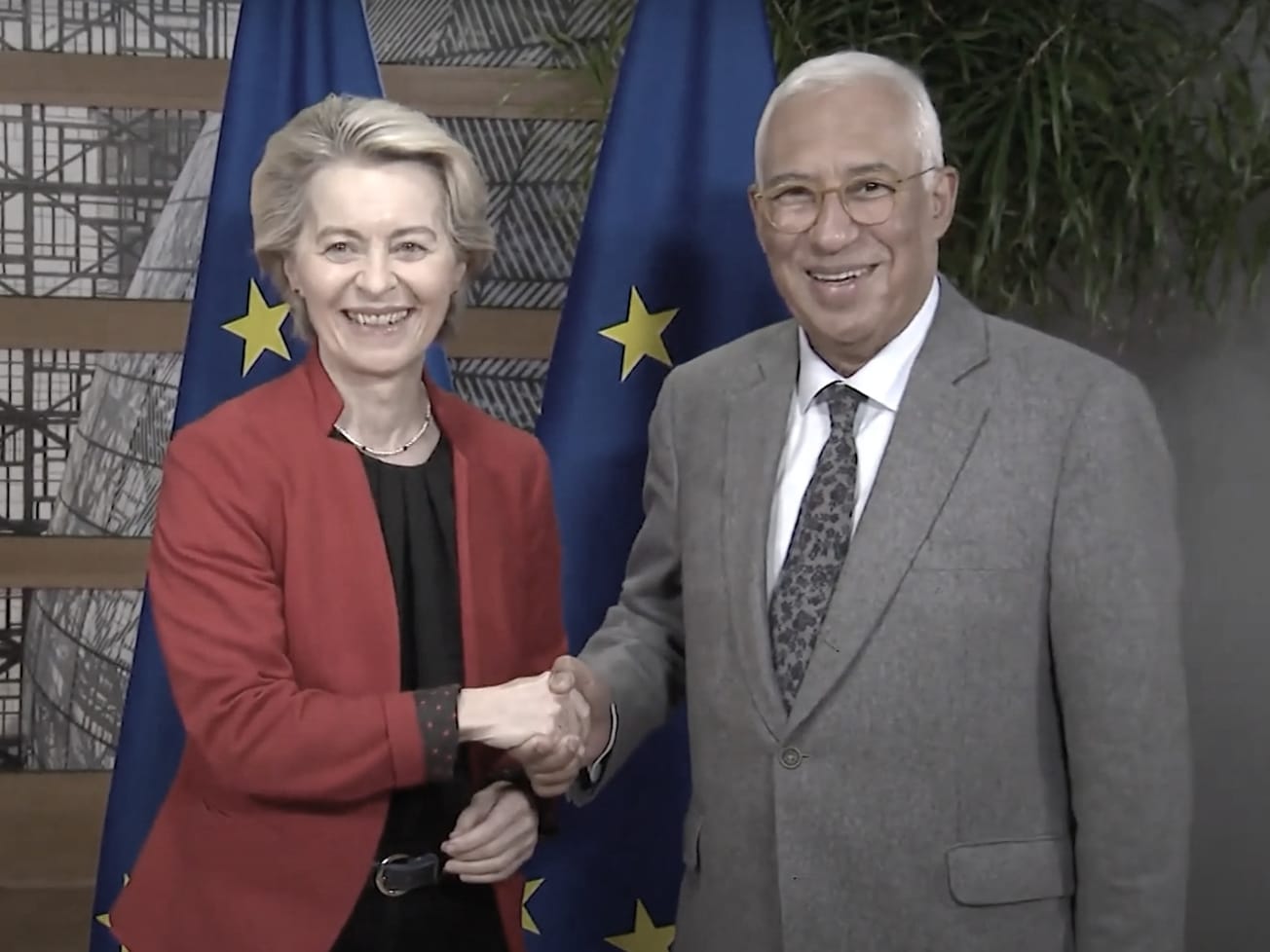Some 1-in-4 people worldwide said they had to pay a bribe to access public services in the past year, Transparency International reported on International Anti-Corruption Day.
Corruption impacts the poorest and most vulnerable in society the hardest, Transparency International said in its campaign to encourage change from "the power of people's pressure" this year.









